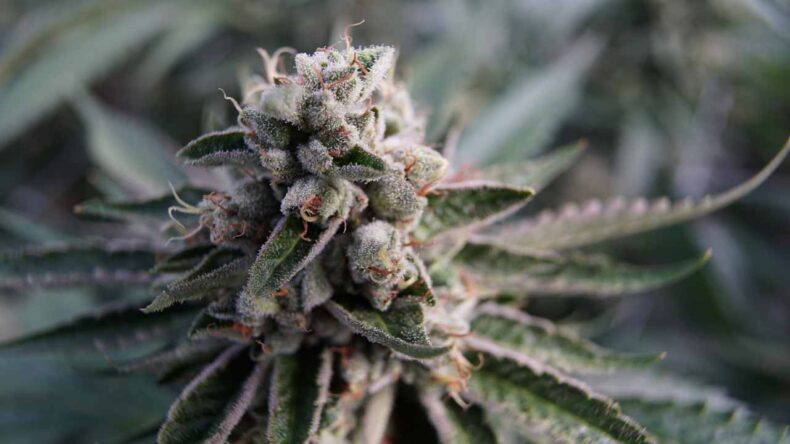Alternative therapies nursing may be part of a nurse's future role, but the effectiveness of alternative therapies is not always proven. Some studies argue that the placebo effect may explain some benefits. However, these studies are often based on questionnaires and do not investigate the effectiveness of alternative therapies. For this reason, nurses who wish to explore alternative therapies should consider the NMC Code of Professional Conduct, which requires that they complete a recognised and validated training course.
Complementary and alternative therapies
Alternative and complementary therapies are an important resource for nurses, as they can influence the comfort, well-being, and health of patients in different clinical settings. These therapies are also used in nursing education and research. Nurses can use these therapies in a variety of ways, from providing self-care to supporting the recovery of patients.
RNs recognize that cultural, psychosocial, and spiritual needs impact the health of patients. These needs should guide their health care practices and treatment choices. RNs must be trained in the healing systems of patients' cultures to best address their patients' physical, emotional, and mental health. Approximately 62% of adults in the United States use complementary or alternative therapies.
Evidence for their effectiveness
The use of alternative therapies in nursing is growing in popularity across the globe, and is becoming more common among healthcare workers. However, there is a need to identify and understand how these therapies benefit patients. This is particularly important in South Africa, where this field is still in its infancy. However, international work has given birth to renewed interest in the topic, and more evidence is being published about their benefits.
Although many people who use alternative health care do not have a formal diagnosis, the fact that they use such practices is significant. One recent study found that over 60% of physicians had recommended alternative therapies to their patients in the past year or the month. Interestingly, about one quarter of them said they used alternative therapies and integrated them into their practices.
Side effects
Studies on the side effects of alternative therapies in nursing have not been very robust. Although some benefits have been documented, the majority of these reports are based on placebo effects. In addition, the perceived efficacy of alternative medicine is twice as great as that of conventional medicine. However, users of alternative health care are no more likely to distrust conventional treatments than nonusers. The following are some important factors to consider when choosing alternative treatments.
While the use of alternative therapies is on the rise, there are still many concerns and questions associated with their use. Some of them may cause harm and are not recommended for all patients. In addition, some of these therapies may not be legal or approved in all states. Nevertheless, it is important for nurses to educate themselves on the pros and cons of these therapies and be prepared to discuss the ethical issues related to these treatments.
Efficacy
Complementary and alternative medicines have been used for centuries in healing and the practice of nursing. These complementary therapies are often used alongside Western treatments or in addition to them. Increasingly, nursing professionals are turning to these types of therapies. One example is progressive muscle relaxation, which helps nurses lower stress levels and reduce their dependence on pharmaceuticals.
Alternative therapies can be helpful for patients, but there are also concerns associated with their use. Using these therapies is not recommended for all patients, and they may harm patients. Additionally, alternative therapies may not be legal in every state.
Placebo effect
The Placebo effect is a common and well-known phenomenon that describes the apparent clinical benefit of an inert substance. It accounts for a large proportion of the effects of non-inert substances, and it is accounted for as fully as possible in clinical trials today. This phenomenon is an essential feature of nursing and many other forms of treatment, but it has largely been overlooked in the research process. In this article, Chan and Thompson highlight how the Placebo effect can be used to evaluate alternative therapies and nursing care.
Placebo effects have many facets. They may include attention, compassion, and modulation of expectations and self-awareness. These can all be important in enhancing the effects of a treatment.
——————————————————————————————————————————————-
This blog is a source of general information and discussion on health and related topics. Information and materials on this blog, on the website, or in any of the connected materials are not intended to replace or used as a substitute for the advice of a medical professional, diagnosis, or treatment. This blog does not represent the application of any nursing, medical or other health professional advice or diagnosis. We are unable to diagnose health conditions, offer second opinions or provide specific treatment recommendations via this blog or on our website.
If you or another person is suffering from a medical issue and you are concerned, consult your doctor or seek out other medical professional treatment as soon as possible. Do not disregard medical advice from a professional or delay seeking it due to information you seen on the blog or website or in any of the linked materials. If you're experiencing an emergency medical situation, dial 911 or seek emergency medical assistance on the closest phone immediately.
——————————————————————————————————————————————

